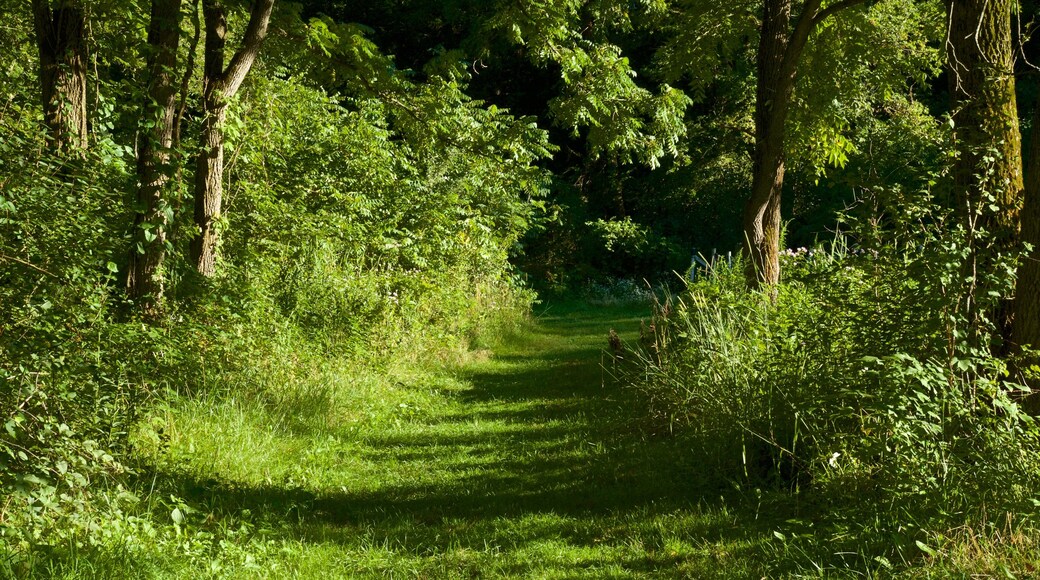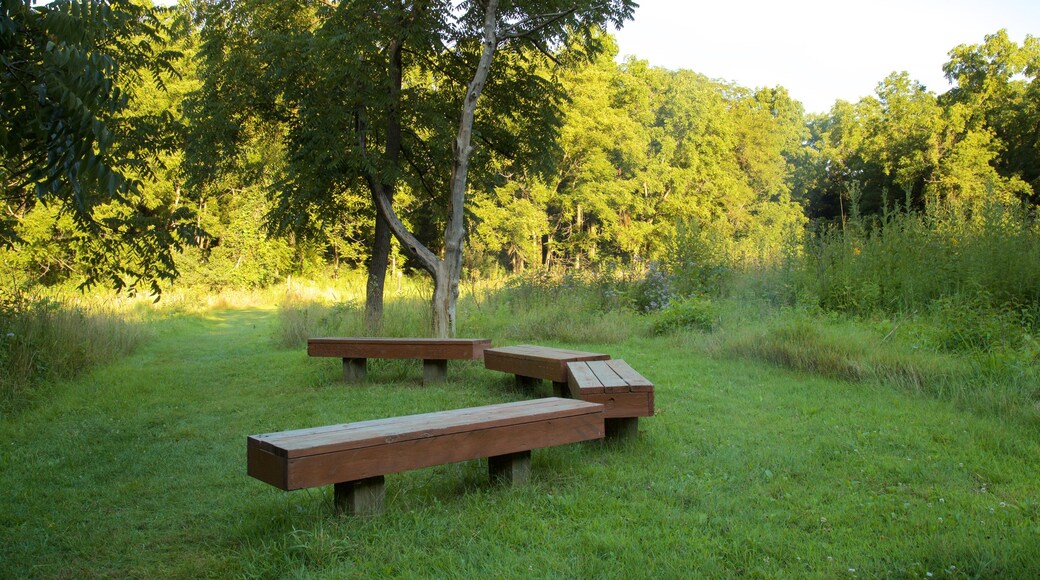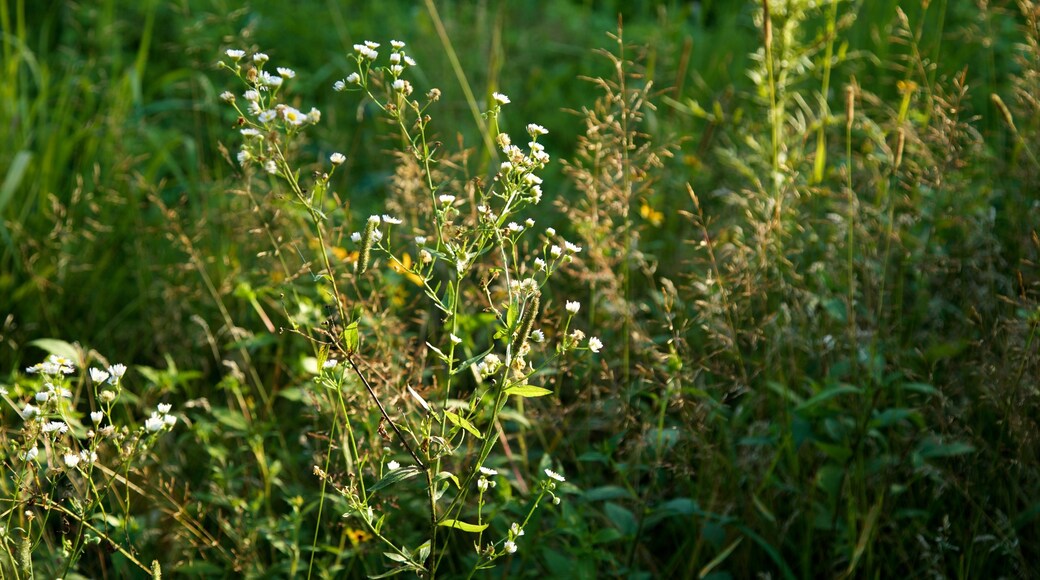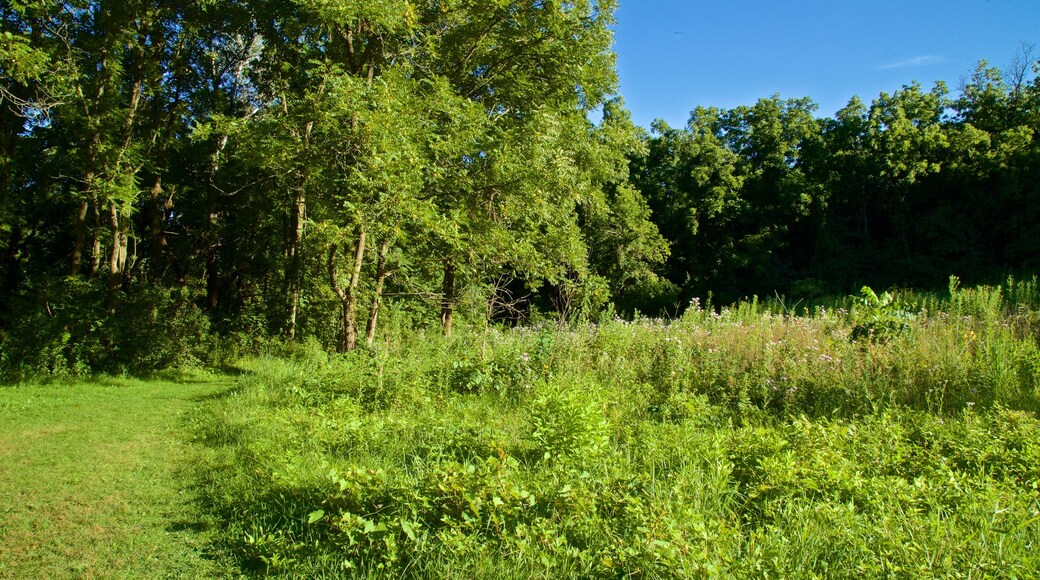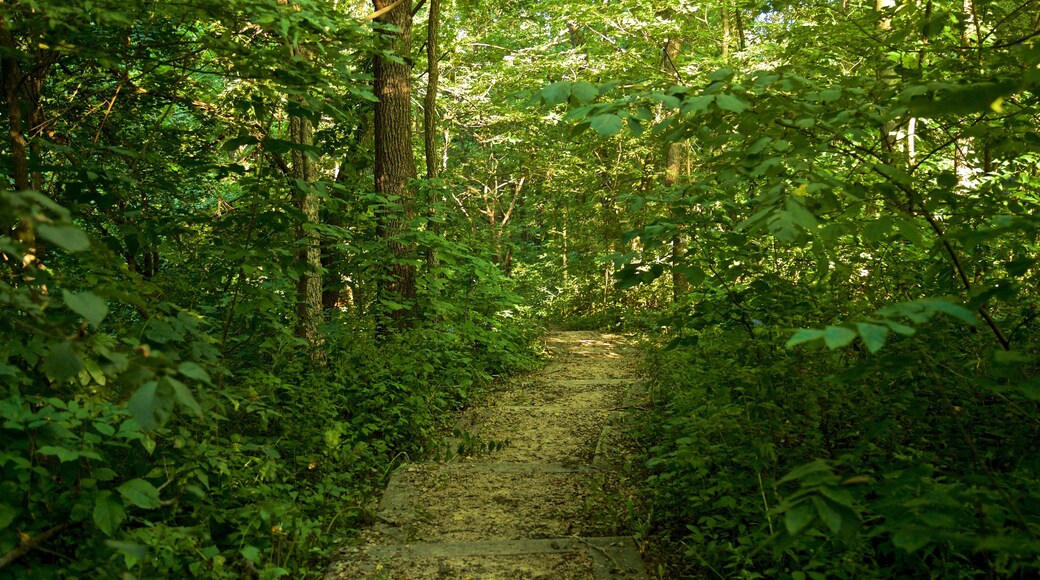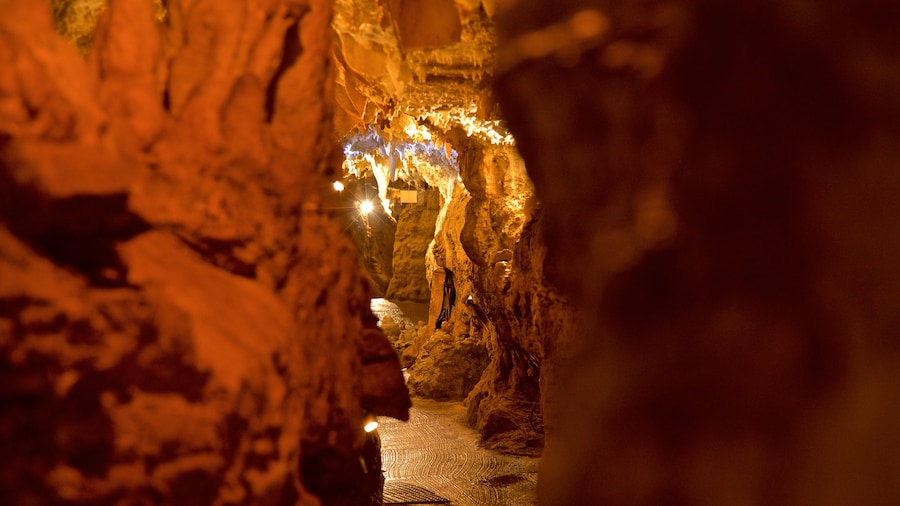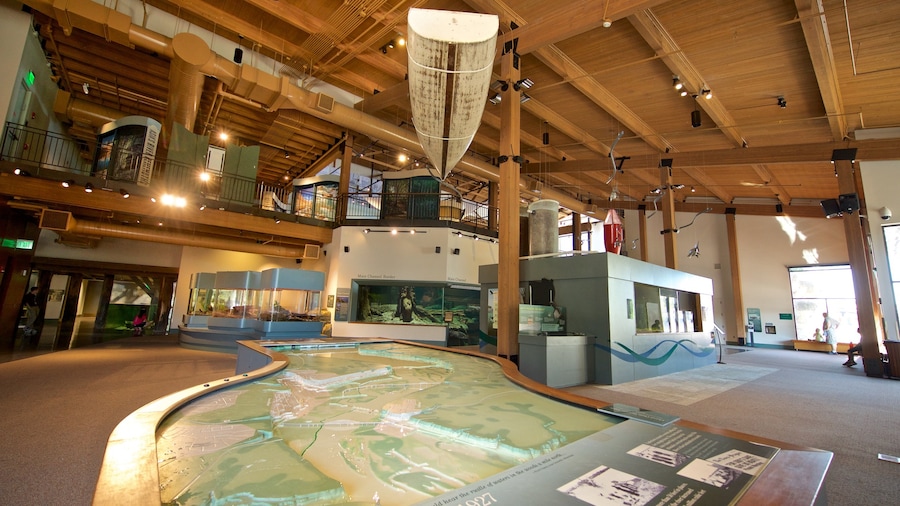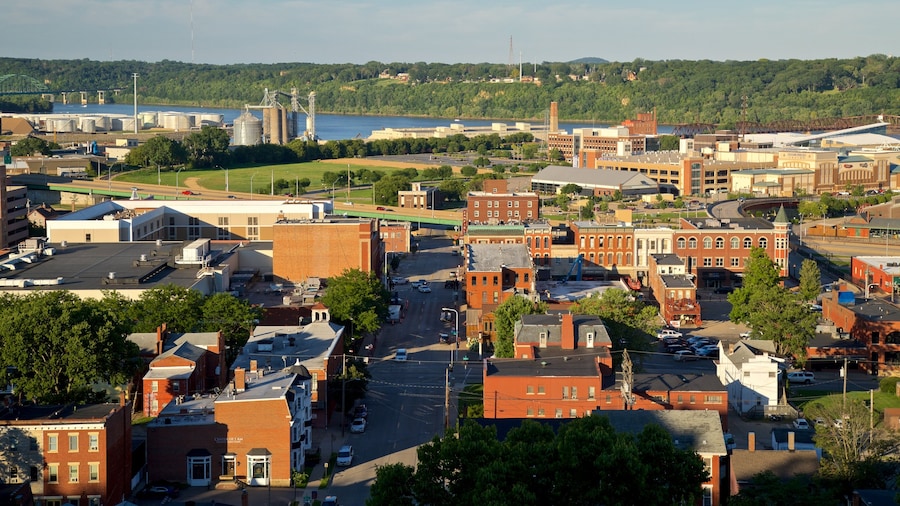Walk through this protected area of historical and natural interest. One trail has state trees from the entire 50 states along with lookouts over a major river.
The Mines of Spain Recreation Area on the southern boundary of the City of Dubuque serves as a large preserve and conservation zone. Hike through its extensive forests and grassy plateaus and travel over land that is of historical interest as the location of Iowa’s first European settlement in 1788.
Originally the land was inhabited by Native Americans who traded fur with French voyageurs. It became a land grant from the Governor of Spain to Dubuque’s founder, Julien Dubuque. The area was called Mines of Spain for the lead mining conducted in the area until 1914.
Visit Julien Dubuque’s final resting place overlooking the recreation area, the city and the Mississippi River Valley. This spot is also near the site where the earliest known inhabitants, the Mesquakie, had their village.
Learn about this natural attraction by visiting the E.B. Lyons Interpretive Center that features a bird and butterfly garden, woodland flower exhibits and a historic farm site. Explore the area’s topography on 4 miles (6 kilometers) of hiking trails and nature walks, including one that has trees representing America’s 50 states. The trails are part of the National Recreation Trails System and offer hikes ranging from easy to challenging.
Read about the geological history of the area on one trail that has exposed Ordovician dolomite rock from an old quarry. Walk along a portion of the Mississippi River known as Catfish Creek to see oak trees over 200 years old. The site is one of Iowa’s Watchable Wildlife Areas, with plenty to see, such as flying squirrels, white-tailed deer, wild turkeys, hawks and bobcats. Keep your camera ready to capture amazing sights while in this scenic location.
The Mines of Spain Recreation Area is open year-round and provides excellent trails for winter cross-country skiing or hiking in any season. The E.B. Lyons Interpretive Center is an accessible facility. It is closed on Wednesdays and during winter weekends, with daytime hours throughout the year. Walk dogs on leashes no longer than 6 feet (2 meters). Note that bikes, camping, rock climbing and rappelling are not permitted.
